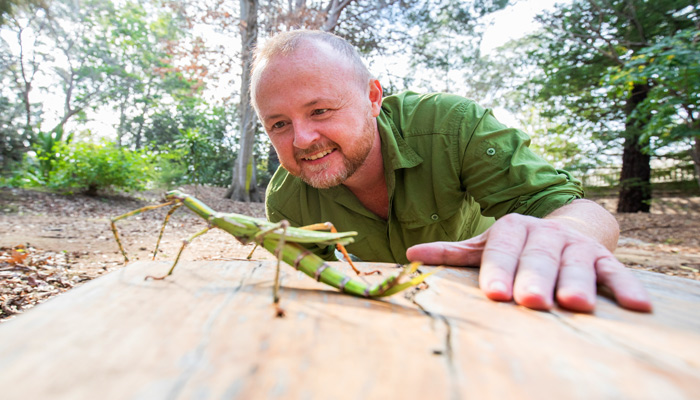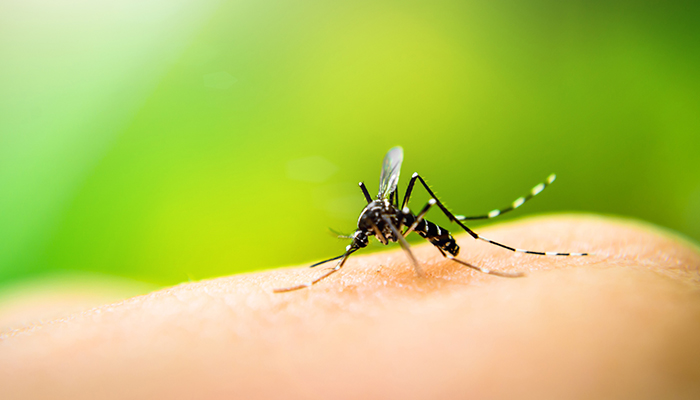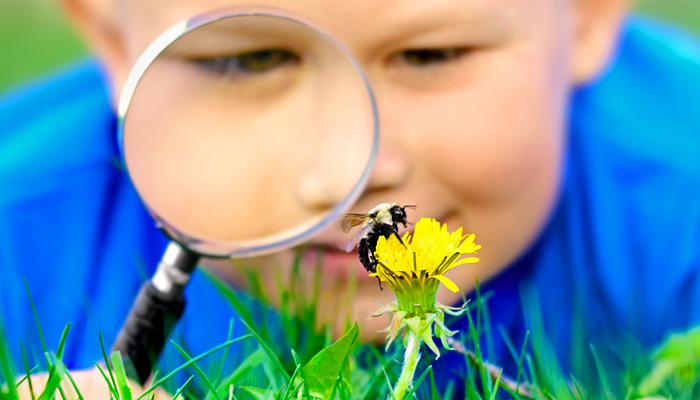Animals must out-compete rivals from their own species for food, territory and mates – and these challenges could drive them to develop bigger, smarter brains, according to a new hypothesis for the evolution of intelligence.
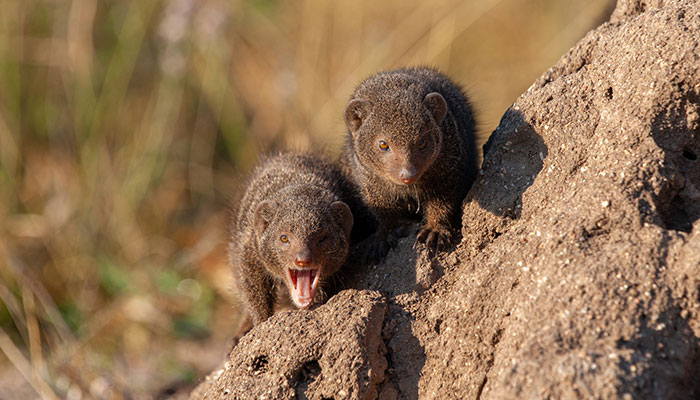
Keep out: Dwarf mongoose mark their territory to appear more numerous, the type of strategy that requires considerable brain power.
“Outside threats and opportunities likely present animals with a range of cognitive challenges,” says Macquarie University evolutionary biologist Dr Ben Ashton, adding that the strategies involved in defending territories, finding mates and competing for resources require considerable brain power.
Ashton is lead author of a paper published in Nature Communications this week which examines the ways that the evolution of intelligence in many animals is influenced by their interactions with rivals or outsiders within their own species.
“Cognitive evolution is one of the most hotly debated topics in biology, and there’s still considerable uncertainty about what the main drivers are,” says Ashton.
For animal species ranging from ants to primates, the path to successful survival involves carving out territory using military-style strategies.
“Until now, theoretical and empirical work has largely ignored a whole social axis: the interactions animals have with rival outsiders from their own species.”
Ashton and fellow scientists from the University of Bristol in the UK drew on their varied backgrounds in animal cognition, intergroup conflict and social evolution to expand the Social Intelligence Hypothesis, which suggests that animals living in complex social groups develop larger brains.
“There is debate over whether animal intelligence is governed by social interactions within groups or environmental factors such as foraging behaviour; this study adds another aspect to a question that has fascinated biologists for more than 50 years,” Ashton says.
Solo survivors suss out strategies
For animal species ranging from ants to primates, the path to successful survival involves carving out territory using military-style strategies – as a consequence, animals have evolved greater intelligence to better master their interactions with rival outsiders, suggest the researchers.
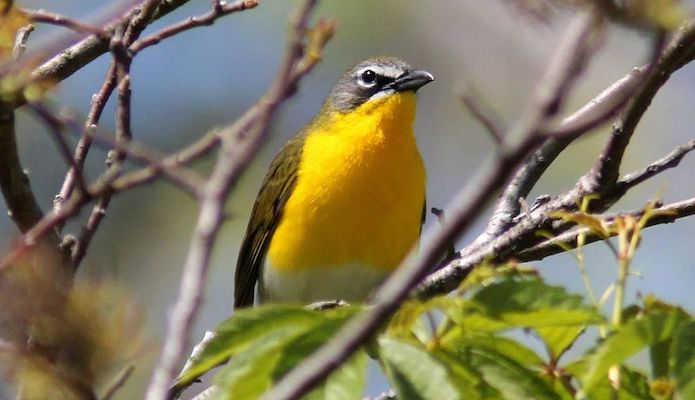
Dangerous liaisons: Yellow-breasted chats live in bonded pairs, but some will sneak off to a rival’s territory for an illicit mating visit. Photo: Emily Willoughby
“A vast amount of time and effort in the animal kingdom is devoted to gathering information about outsiders, and to avoiding, exploiting and winning interactions with them,” says the paper's senior author Andy Radford, Professor of Behavioural Ecology at the University of Bristol.
- Is your boss an 'avocado leader'? COVID-19's surprise bonus for workers
- VIDEO The colourful world of synaesthetes
“But this aspect of sociality has traditionally been ignored in explanations of animal brain evolution.”
Ashton says that all animals – whether they live in groups, pairs or are solitary – must adapt their behaviour in response to threats from rivals.
Machiavellian politics and Napoleonic intelligence
“Biologists have shown how interactions with groupmates can generate ‘Machiavellian’ intelligence, the House of Cards-style cunning needed to get ahead in social politics within groups,” says co-author Dr Patrick Kennedy, a research associate at University of Bristol.
Strategies straight from Game of Thrones can range from temporary alliances with neighbours to deceptive double-crosses and even adulterous liaisons.
“We argue that animals also need ‘Napoleonic’ intelligence, the Game of Thrones-style sharpness necessary to triumph in a world packed with rival outsiders.”
Machiavelli’s 1513 political treatise The Prince – about establishing and retaining power – led to the term 'Machiavellian' becoming synonymous with ruthless realpolitik.
The strategic intelligence underlying Napoleon Bonaparte’s military campaigns is still cited in textbook warfare today.
False fronts, alliances and adulterers
In the animal kingdom, strategies straight from an episode of Game of Thrones can range from temporary alliances with neighbours to deceptive double-crosses and even adulterous liaisons, to establish dominance over rivals.

Mind power: Macquarie's Dr Ben Ashton (pictured) has, with UK colleagues, expanded the hypothesis that suggests animals living in complex social groups develop larger brains.
The dwarf mongoose, which live in groups, mark their territory more to appear more numerous, and spend less time straying outside their area if they smell a nearby rival.
The solitary western fence lizard, on the other hand, will tolerate some extent of overlap of its territory with that of known neighbours, while being very aggressive to new visitors.
- Divide and conquer: why doing Maths adds up to life success
- Cancer survivors need workplace flexibility: new study
Meanwhile the pretty yellow-breasted chat lives with its mate in a bonded pair – but some will sneak off for a nocturnal trip to a rival’s territory for an illicit mating visit with another bird.
“The possibility that outsiders have shaped intelligence has been suggested before, in particular by two of the pioneers of social evolution – Richard Alexander and William Hamilton,” says Kennedy.
“However, these brainy primates were thinking only of our own species; it is time to expand their insights beyond human cognition.”
“What do big-brained animals have in common with Napoleon Bonaparte?” asks Radford. “We suspect that their ancestors possessed the intelligence to triumph in one of the highest-stakes games of all: outmanoeuvring outsiders.”
Dr Ben Ashton is a Research Fellow in the Department of Biological Sciences at Macquarie University.

